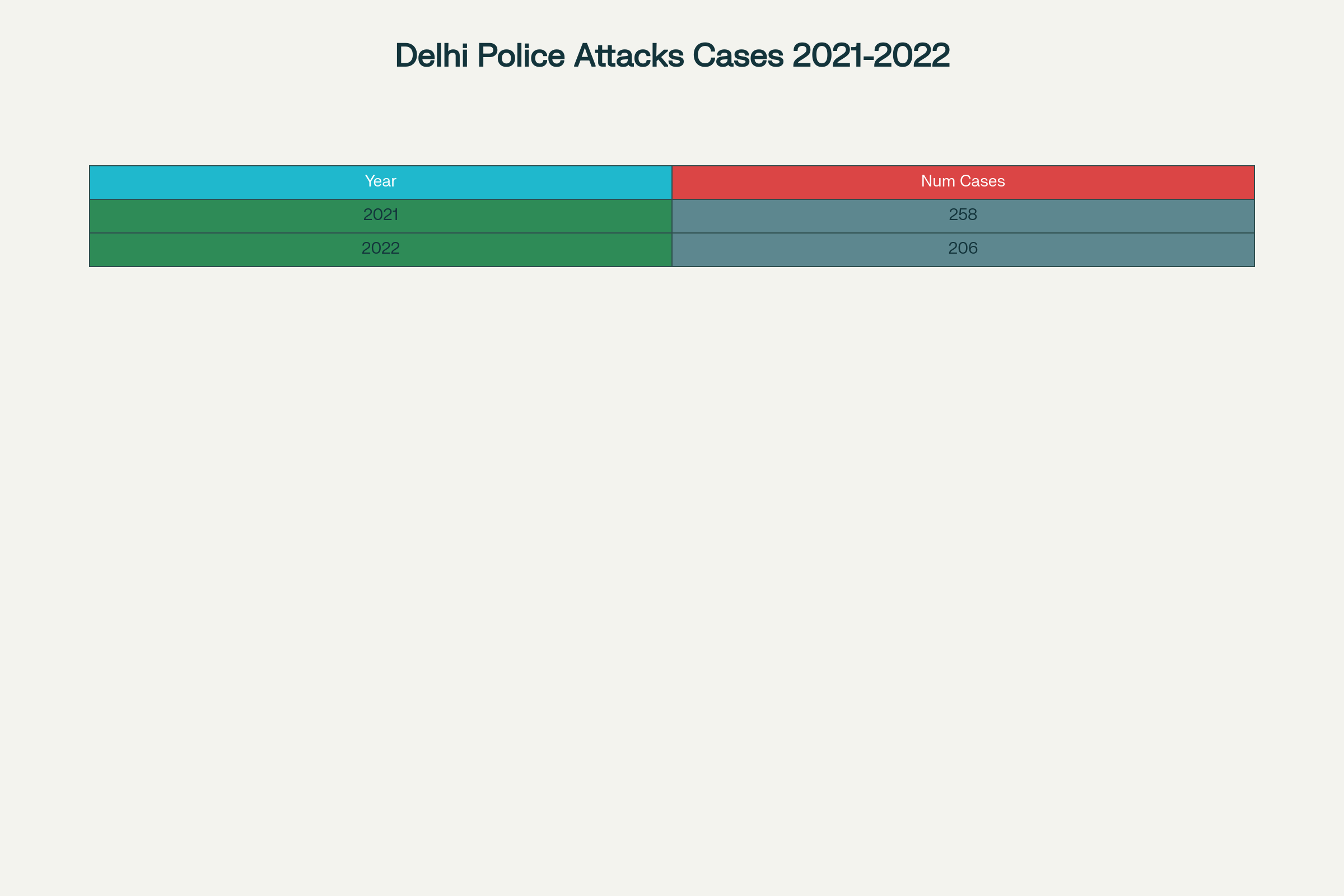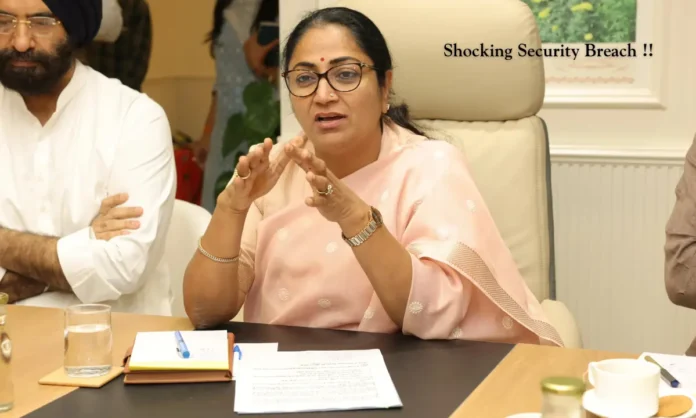Key Highlights
- The Delhi CM Rekha Gupta attack occurred during her weekly Jan Sunwai public hearing on August 20, 2025, when 41-year-old Rajesh Khimji Sakariya from Rajkot, Gujarat physically assaulted her
- The attacker handed court papers to the CM before grabbing her hair and attempting to pull her during the incident at her Civil Lines camp office
- Following the Delhi CM Rekha Gupta attack, police registered an attempt to murder case under Section 109(1) of the Bharatiya Nyaya Sanhita
Initial Context
The Delhi CM Rekha Gupta attack during her weekly public hearing has exposed critical security vulnerabilities in high-profile governmental interactions with citizens. The incident occurred at approximately 8 AM on Wednesday, August 20, 2025, at her camp office in Civil Lines, North Delhi, transforming what should have been a routine public grievance session into a shocking security breach. The Delhi CM Rekha Gupta attack has sparked widespread political condemnation and raised urgent questions about the protection protocols surrounding public officials during community engagement events.
With over 460 cases of attacks on police personnel and public servants reported in Delhi during 2021 and 2022 alone, the Delhi CM Rekha Gupta attack highlights a broader pattern of security challenges facing government officials. The assault underscores the delicate balance between maintaining accessibility to public representatives and ensuring their safety during such interactions.
Security Breach Analysis During Public Hearing
- The attacker successfully infiltrated the public hearing by posing as a legitimate complainant seeking help for a jailed relative
- Security personnel failed to detect the threat despite standard screening procedures at the venue entrance
The Delhi CM Rekha Gupta attack reveals significant gaps in security screening protocols during public meetings. Rajesh Khimji Sakariya, the 41-year-old assailant from Rajkot, Gujarat, managed to reach the Chief Minister by presenting himself as a genuine petitioner with court papers. According to eyewitness accounts, the attacker arrived at the venue via rickshaw and successfully passed through initial security checks at 7 AM.
The Delhi CM Rekha Gupta attack unfolded when Sakariya approached CM Gupta during her routine interaction with complainants, initially handing her documents before launching his assault. Security personnel only intervened after the attacker had already grabbed the Chief Minister’s hair and attempted to pull her, causing her to lose balance against a wall. The delayed response from security forces raises serious concerns about threat assessment procedures during public hearings.
Delhi Police Commissioner and senior officials, including DCP North District, immediately arrived at the scene to investigate how the attacker breached multiple security layers. The Delhi CM Rekha Gupta attack demonstrates that existing security protocols may be inadequate for protecting high-profile officials during direct public interactions.
Medical Response and Physical Impact Assessment
- CM Rekha Gupta sustained minor head injuries during the scuffle but remained stable after medical examination
- Conflicting reports emerged about the exact nature of the assault, with initial claims of slapping later clarified as attempted pulling
The medical response following the Delhi CM Rekha Gupta attack was swift and comprehensive, with Chief Minister Gupta immediately taken for examination after the incident. Delhi BJP President Virendra Sachdeva clarified that while initial reports suggested the CM was slapped, the actual assault involved the attacker grabbing her hand and attempting to pull her forcibly. Medical professionals confirmed that Gupta suffered a light blow to the head during the struggle but maintained stability throughout the ordeal.
Eyewitness Anjali, who attended the public hearing, described the sudden nature of the Delhi CM Rekha Gupta attack, stating that the person was initially talking normally before unexpectedly striking. The Chief Minister underwent thorough medical evaluation at the hospital, with doctors confirming her condition remained stable despite the traumatic experience. Security footage and witness testimonies helped clarify the sequence of events, dispelling some exaggerated claims about stone-throwing that initially circulated.
The Delhi CM Rekha Gupta attack’s physical impact, while concerning, could have been significantly worse had security personnel not intervened when they did. Medical clearance allowed the Chief Minister to continue her scheduled programs, demonstrating her resilience despite the shocking assault.
Legal Proceedings and Criminal Investigation
- Delhi Police registered an FIR under Section 109(1) for attempt to murder at Civil Lines police station
- The Special Cell has taken over the investigation, coordinating with Gujarat Police to verify the attacker’s background
The legal response to the Delhi CM Rekha Gupta attack has been comprehensive and swift, with authorities treating the incident as a serious criminal offense. Deputy Commissioner of Police (North) Raja Banthia confirmed that an attempt to murder case was filed against Sakriya Rajeshbhai Khimjibhai, the accused attacker. The Delhi Police’s Special Cell involvement indicates the gravity with which authorities are treating this security breach.
Initial interrogation revealed that Sakariya claimed to have traveled from Rajkot, Gujarat, allegedly to petition for his relative’s release from jail. Investigators are working closely with Gujarat Police to verify the attacker’s identity, address, and criminal background. The court papers recovered from the assailant are being examined to determine if they represent genuine legal documents or were part of his cover story.
Police sources suggest the investigation will examine whether the Delhi CM Rekha Gupta attack was a spontaneous act of frustration or part of a premeditated conspiracy. The investigation extends beyond individual criminal liability to examine systemic security failures that allowed the breach. Authorities are questioning staff members about entry procedures and considering disciplinary action against security personnel responsible for the CM’s protection. The thorough legal approach reflects the serious nature of attacks on constitutional authorities and elected representatives.
Political Reactions and Security Protocol Review
- Opposition leaders across party lines condemned the violence while calling for stricter security measures
- The incident has prompted a comprehensive review of security arrangements during public hearings and citizen interaction events
The political response to the Delhi CM Rekha Gupta attack has been notably unified, with leaders from various parties condemning the violence despite partisan differences. Delhi Leader of Opposition Atishi emphasized that while democracy accommodates disagreement and protest, violence has no place in political discourse. Congress leader Devender Yadav highlighted broader implications for public safety, questioning how ordinary citizens can feel secure when even the Chief Minister’s security can be compromised.
The Delhi CM Rekha Gupta attack has raised fundamental questions about balancing public accessibility with adequate protection for elected officials. Union Home Ministry officials have been briefed about the security breach, indicating the matter’s national significance. Security experts are now reviewing protocols for public hearings, examining whether additional screening measures or physical barriers might be necessary. The incident has sparked debate about whether traditional Jan Sunwai formats need modernization to address contemporary security challenges.

Reported cases of attacks or obstruction against police personnel and public servants in Delhi (2021-2022)
The statistical evidence of mounting attacks on public servants in Delhi underscores the urgency of addressing these security concerns systematically. Political analysts suggest that the Delhi CM Rekha Gupta attack may lead to significant changes in how public officials conduct community outreach programs. The incident serves as a catalyst for broader discussions about protecting democratic institutions while maintaining their accessibility to citizens.
Closing Assessment
The Delhi CM Rekha Gupta attack represents more than an isolated incident of political violence, it exposes fundamental vulnerabilities in the security architecture surrounding public officials during citizen engagement activities. The successful infiltration of the public hearing by an attacker posing as a legitimate complainant highlights critical gaps in threat assessment and screening procedures that must be addressed immediately.
While the swift medical response and comprehensive legal action demonstrate institutional resilience, the Delhi CM Rekha Gupta attack underscores the urgent need for enhanced security protocols that don’t compromise the democratic principle of public accessibility. The unified political condemnation across party lines reflects a broader recognition that violence against elected representatives threatens the very foundation of democratic governance.
As investigations continue and security measures undergo review, the Delhi CM Rekha Gupta attack serves as a stark reminder that protecting public officials requires constant vigilance and adaptive security strategies in an evolving threat landscape. This incident will likely catalyze significant reforms in how public hearings are conducted, balancing the essential democratic value of citizen access with the imperative of ensuring official safety.ing the essential democratic value of citizen access with the imperative of ensuring official safety.


